THURSDAY, 17 OCT 2024 AT 6:30 PM
The Polygon Gallery, 101 Carrie Cates Court, North Vancouver
Critical Image Forum: Book Launch with Siobhan Angus
-
Siobhan Angus
Siobhan Angus is an art historian, curator and organizer. Specializing in the history of photography and the environmental humanities, her current research explores the visual culture of resource extraction with a focus on materiality, labor, and environmental justice. At the heart of her research program lies an intellectual and political commitment to environmental, economic, and social justice. Angus is an Assistant Professor of Media Studies at Carleton University in Ottawa.
Read More
-
Kelly Midori McCormick
Kelly Midori McCormick is a historian of Japanese photography whose work explores the way that Japanese women photographers turned to photography to support or critique the state from the 1930s to the 1980s. Her book in progress, The Cameraman in a Skirt: The Making of Modern Japanese Photography, addresses how in the 1960s and 1970s women photographers transformed the camera into a tool turned against the state and corporations as they photographed protest, pollution events and the Women’s Liberation movement.
Read More
-
Siobhan Angus
Siobhan Angus is an art historian, curator and organizer. Specializing in the history of photography and the environmental humanities, her current research explores the visual culture of resource extraction with a focus on materiality, labor, and environmental justice. At the heart of her research program lies an intellectual and political commitment to environmental, economic, and social justice. Angus is an Assistant Professor of Media Studies at Carleton University in Ottawa.
Read More
-
Kelly Midori McCormick
Kelly Midori McCormick is a historian of Japanese photography whose work explores the way that Japanese women photographers turned to photography to support or critique the state from the 1930s to the 1980s. Her book in progress, The Cameraman in a Skirt: The Making of Modern Japanese Photography, addresses how in the 1960s and 1970s women photographers transformed the camera into a tool turned against the state and corporations as they photographed protest, pollution events and the Women’s Liberation movement.
Read More
Related
-
Event
Critical Image Forum Dialogue Series: Farah Nosh
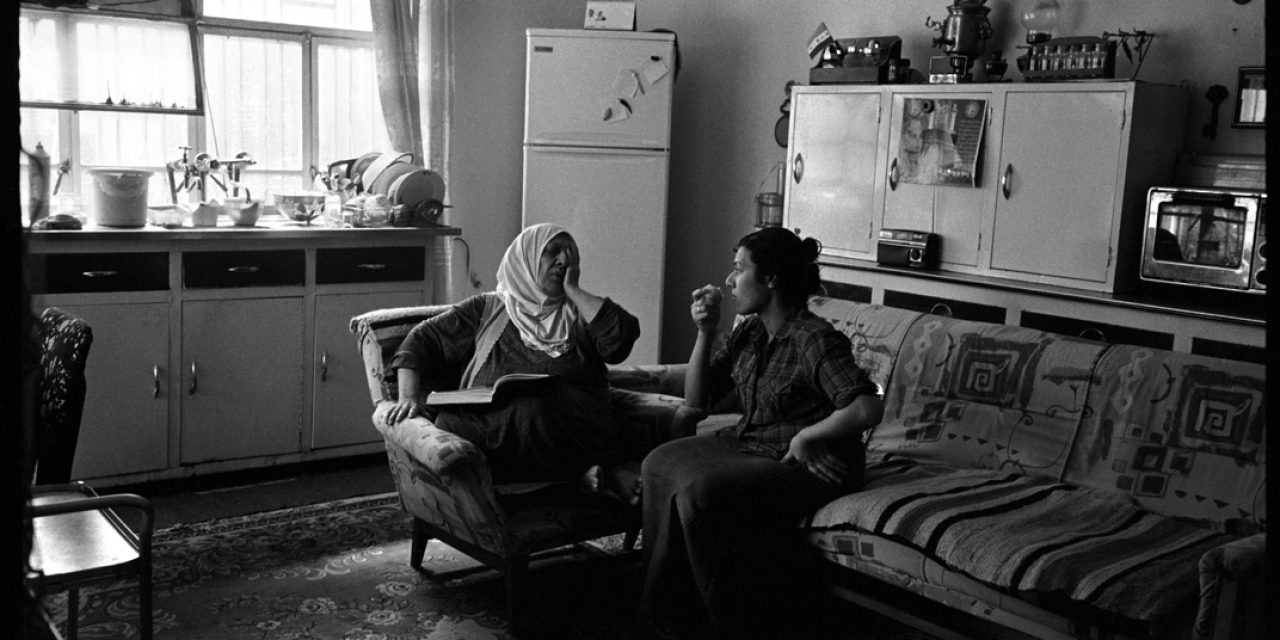
From her earliest work in conflict zones to her most recent project documenting fluent speakers of the Haida language in Haida Gwaii, Farah Nosh is known for her intimate, empathic approach to photojournalism and photographic portraiture. In this wide-ranging conversation initiated by UBC journalism MA student Steven Zhu, Nosh discusses her formative experiences with photography as a Geography student at UBC, and subsequently learning photojournalism on assignment in Iraq during the Saddam Hussein era.
[more] -
Event
Critical Image Forum Dialogue Series: Luis Jacob
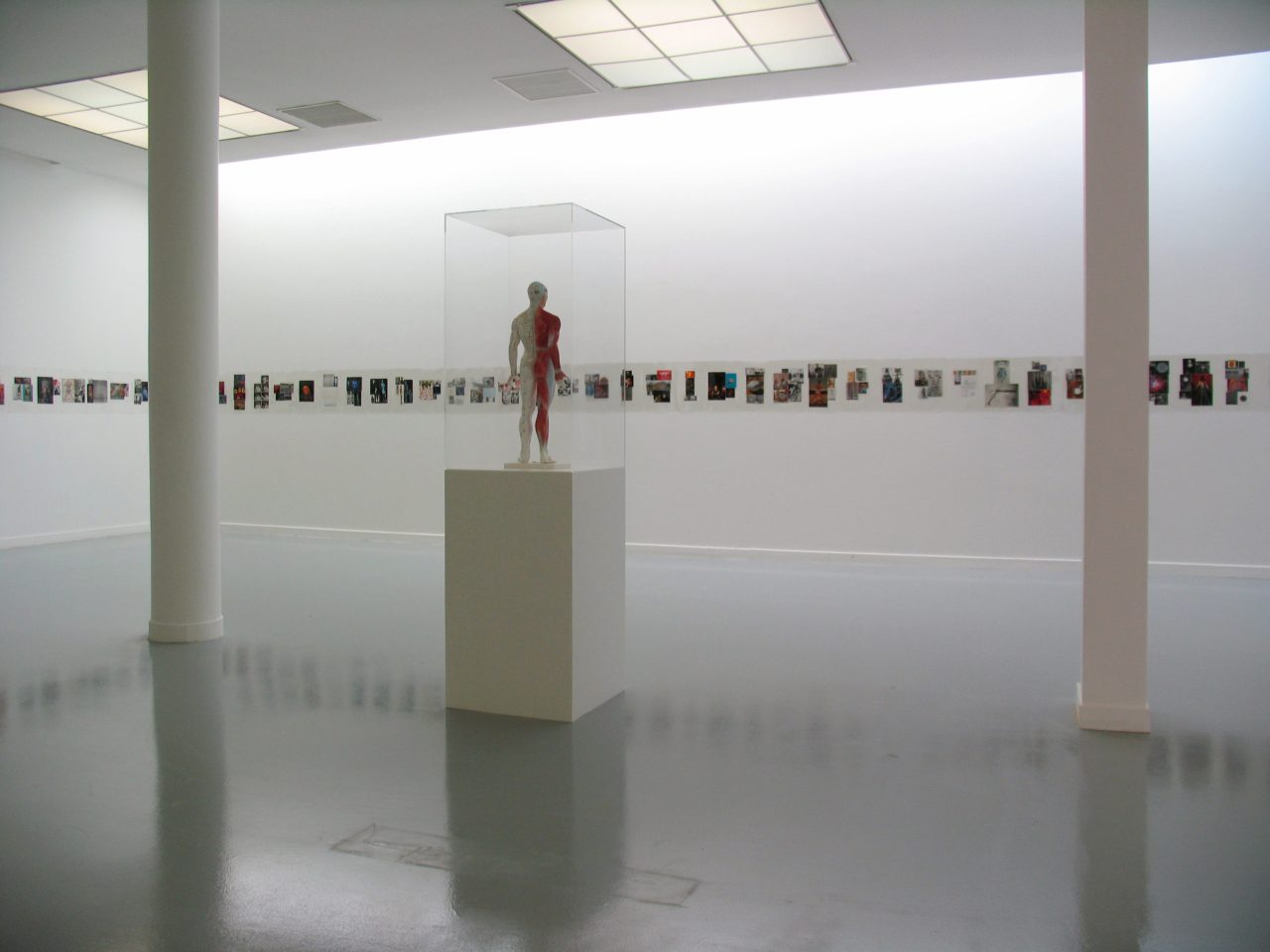
In this expansive consideration of his use of photographic archives, Luis Jacob describes the process of "aesthetic mobilization" that reveals the mediating - and mediated - character of human experience. With in-depth reference to two major works - his Album series (ongoing since 2000) and the recent project, The View From Here (2019) - he describes art’s capacity to arrest habitual trajectories of meaning-making, and to open spaces for new thoughts to become thinkable.
[more] -
Event
Critical Image Forum Dialogue Series: Marianne Nicolson
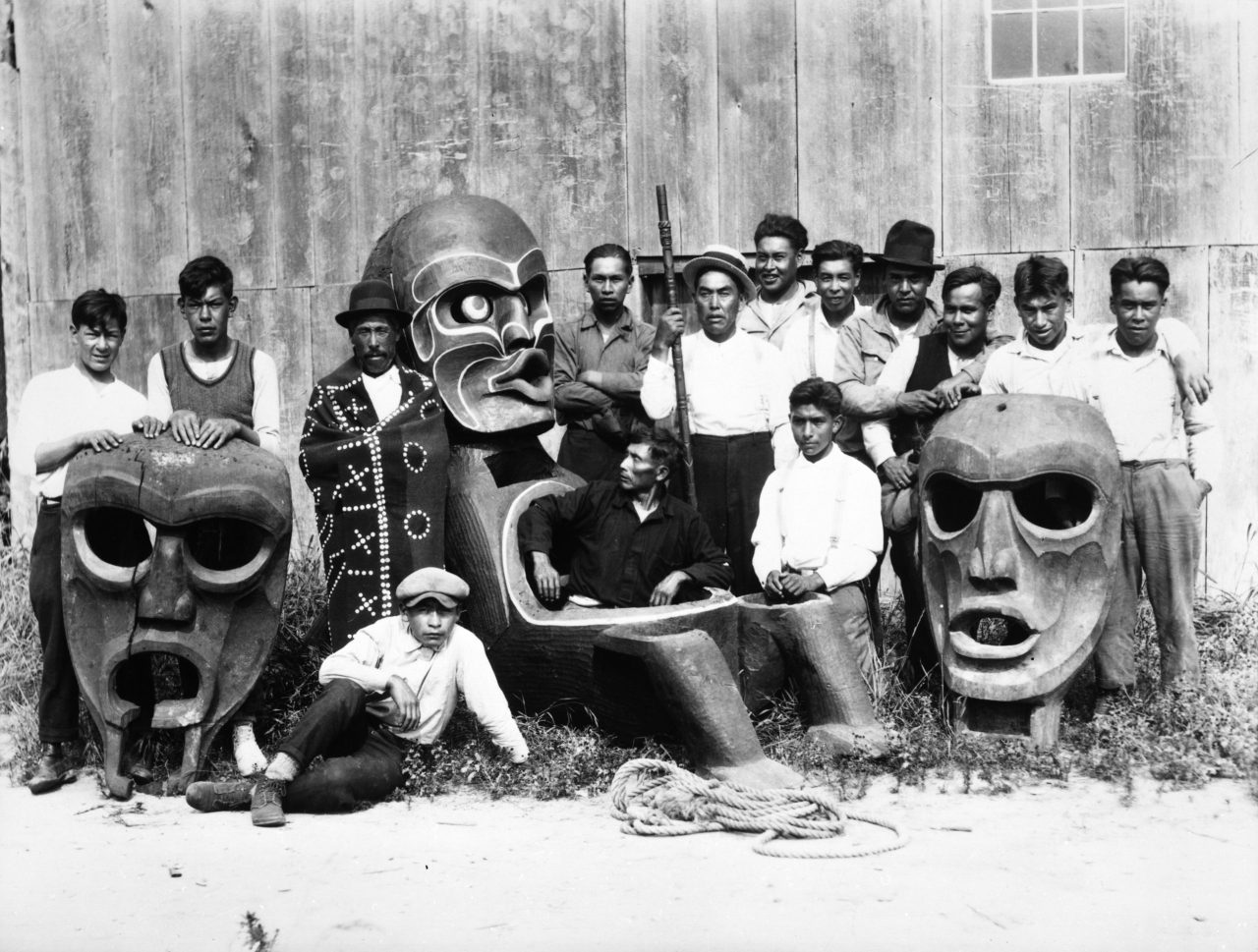
As part of Critical Image Forum's Dialogue Series, this online conversation with Althea Thauberger, Musgamakw Dzawada’enuxw artist and activist Marianne Nicolson helps us understand how particular photographic acts, although initiated by Canadian colonial photographers, were used, by those depicted, as opportunities for assertions of political, cultural and territorial sovereignty during the potlatch ban in the early twentieth century.
[more] -
Event
Critical Image Forum Dialogue Series: Paul Weinberg
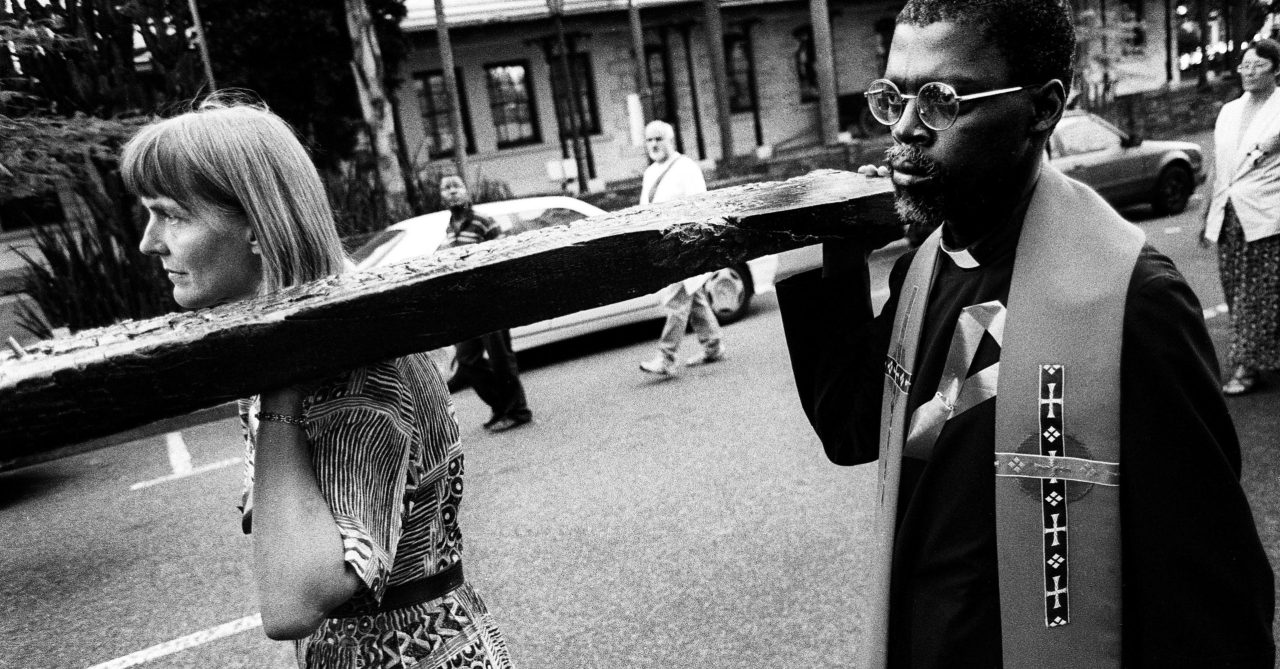
For this second episode of the Critical Image Forum Dialogue Series, Daniela Perez Montelongo is in conversation with South African photographer Paul Weinberg where they discuss key issues pertaining to the role of photography in South Africa during the Apartheid and post-Apartheid eras.
[more] -
Event
Critical Image Forum Dialogue Series: Robert Del Tredici
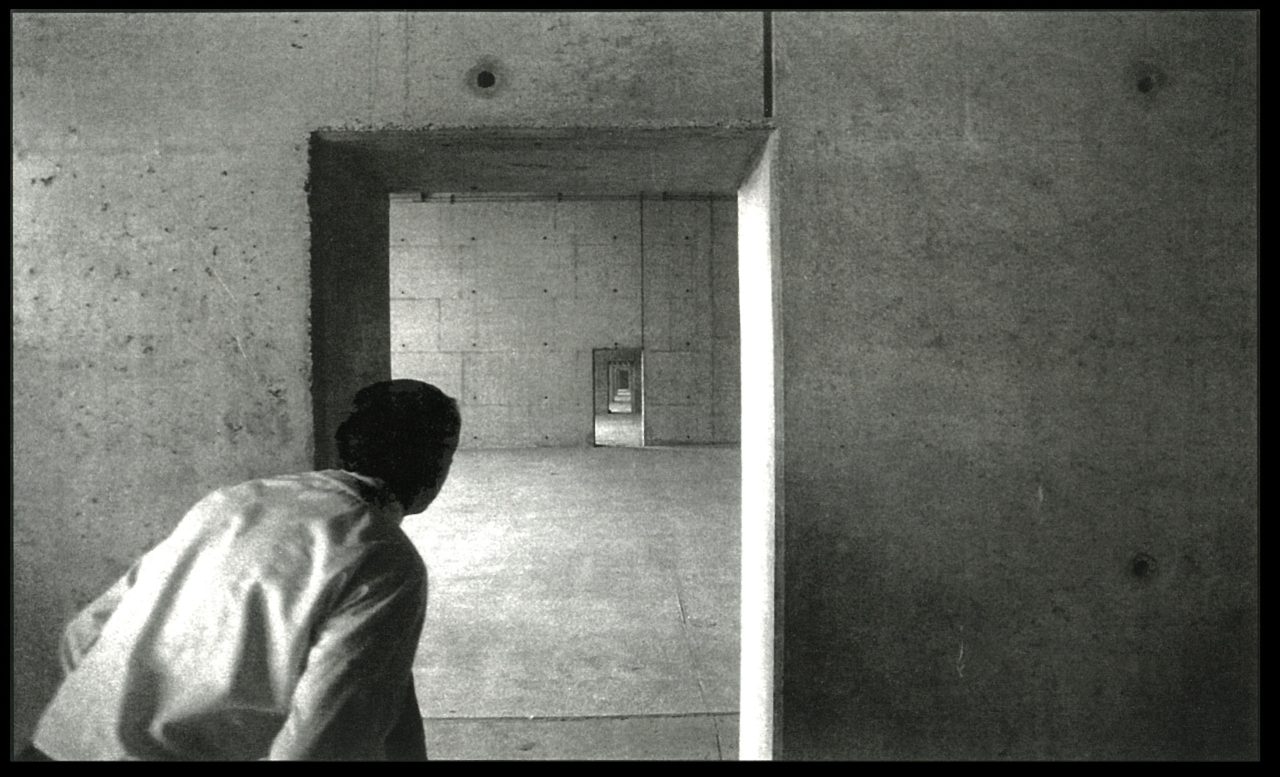
In this episode, through a far-reaching discussion of his illustration and photographic practice, and in dialogue with UBC professor emeritus John O’Brian, Robert Del Tredici touches on political, ethical and philosophical aspects of nuclear technologies and deployments. Through photographic projects from Three Mile Island, Hiroshima, Kazakhstan, Dene Territory in the Canadian Arctic and many other places and sites, Del Tredici’s presentation frames the enormity and devastation of the global nuclear industrial complex, helping to counter its forces of abstraction.
[more] -
Event
Critical Image Forum Dialogue Series: Sandra Boss
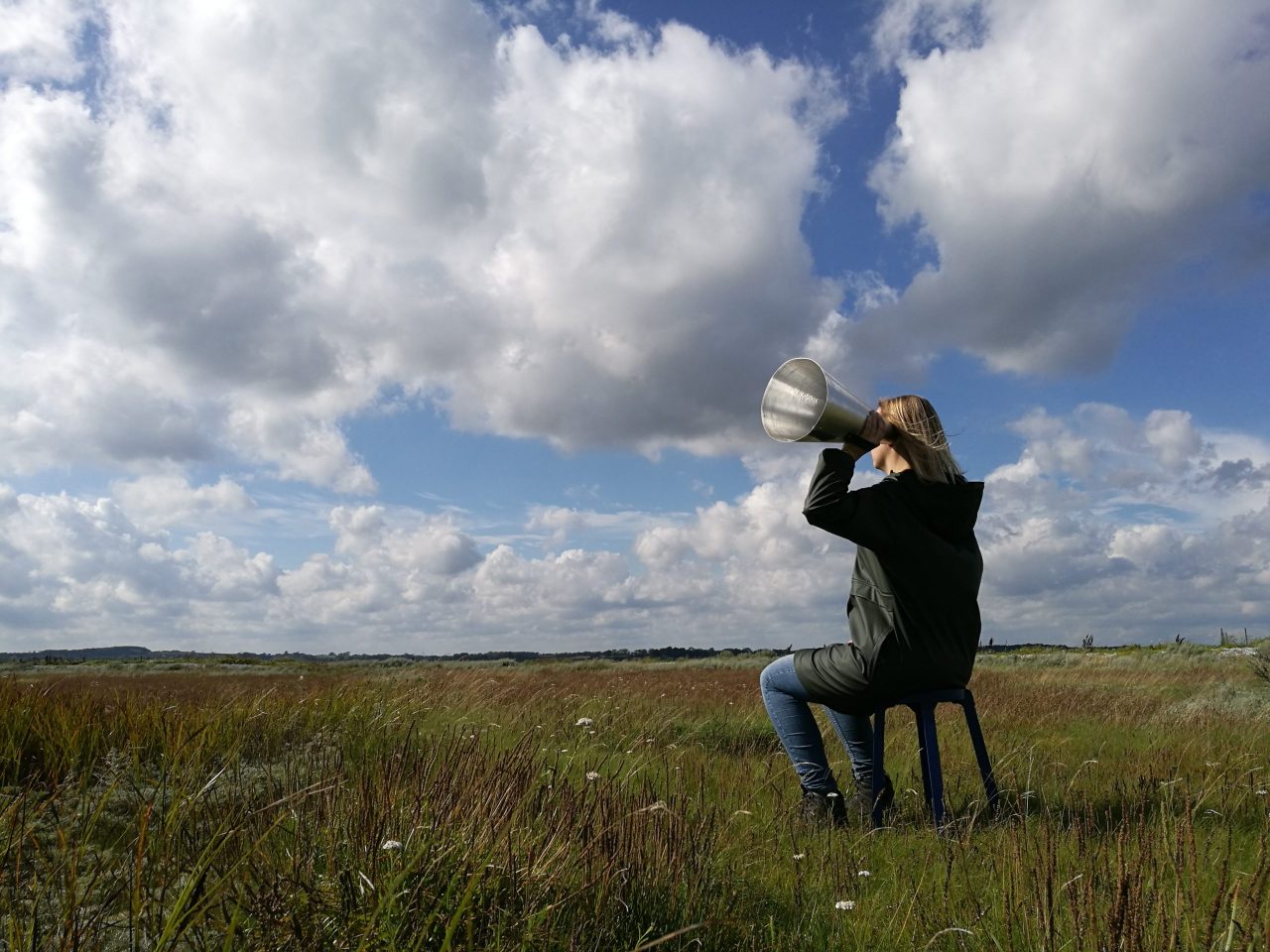
For this episode of the Critical Image Forum Dialogue Series, Tobias Ewé talks with Danish sound artist Sandra Boss about her practice-based research into mid-century German hearing machines, conceptions of hearing and how these shape the listening subject. The discussion takes its outset in Boss's dissertation, Tuning the Ear: Exploring Conditions and Conceptions of Hearing, which is much more than a collection of textual chapters, but a sound art object in and of itself.
[more] -
Event
Critical Image Forum Dialogue Series: UAAC Global Photography
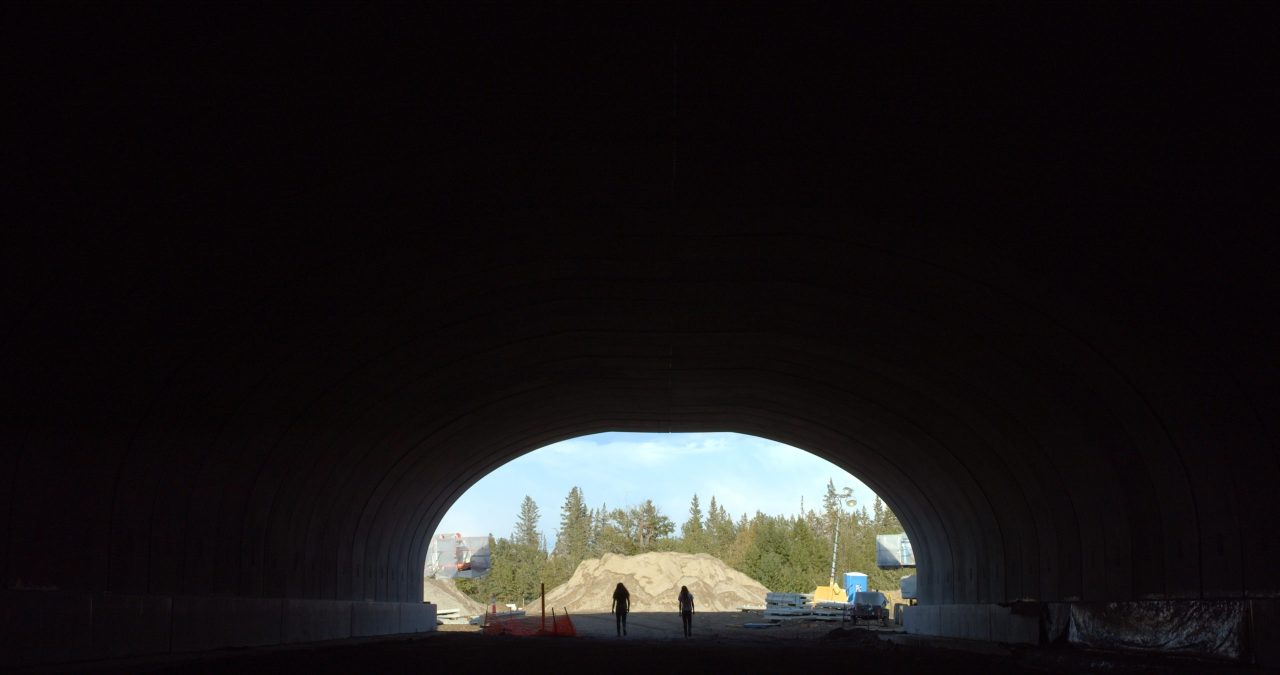
As part of the University Art Association of Canada's online conference, panel chairs Heather Diack (University of Miami) and Terri Weissman (University of Illinois at Urbana Champaign) brought together art historians and artists committed to deepening the discourse of photography studies and expanding its points of reference in Canada Global Photography: Critical Histories.
[more] -
Event
THURSDAY, 7 DEC 2023 AT 6 PM
Critical Image Forum: A Conversation with Hannah Darabi and Kelly McCormick at The Polygon
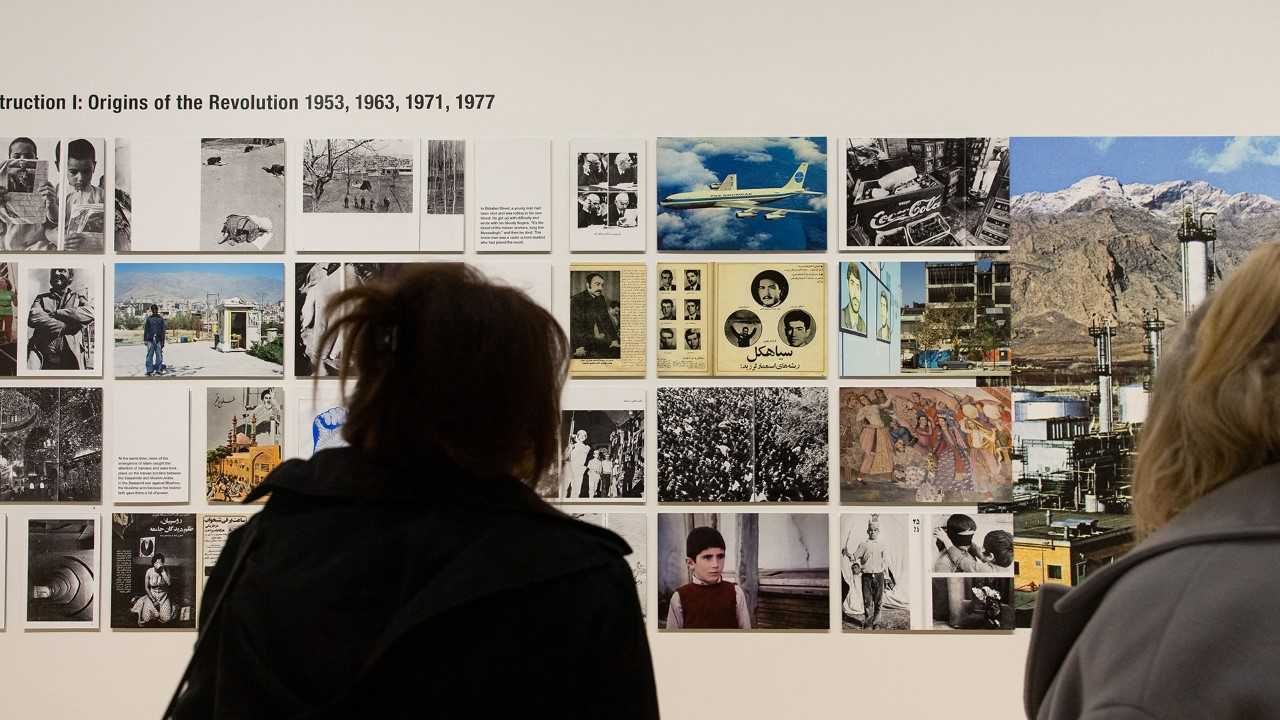
This conversation with From Slander's Brand exhibition artist Hannah Darabi and historian Kelly McCormick explores Darabi's critical project on the photo books published during the early years of the Iranian Revolution of 1979 recapturing the potential that revolutionaries and governments saw in photographs. Through Darabi's work we uncover the possibilities and limits of photographs as they are changed, manipulated, and turned into icons.
[more] -
Event
Wednesday 8 Feb 2023 at 5:30 pm
Critical Image Forum: A Conversation with Heather Igloliorte and Taqralik Partridge
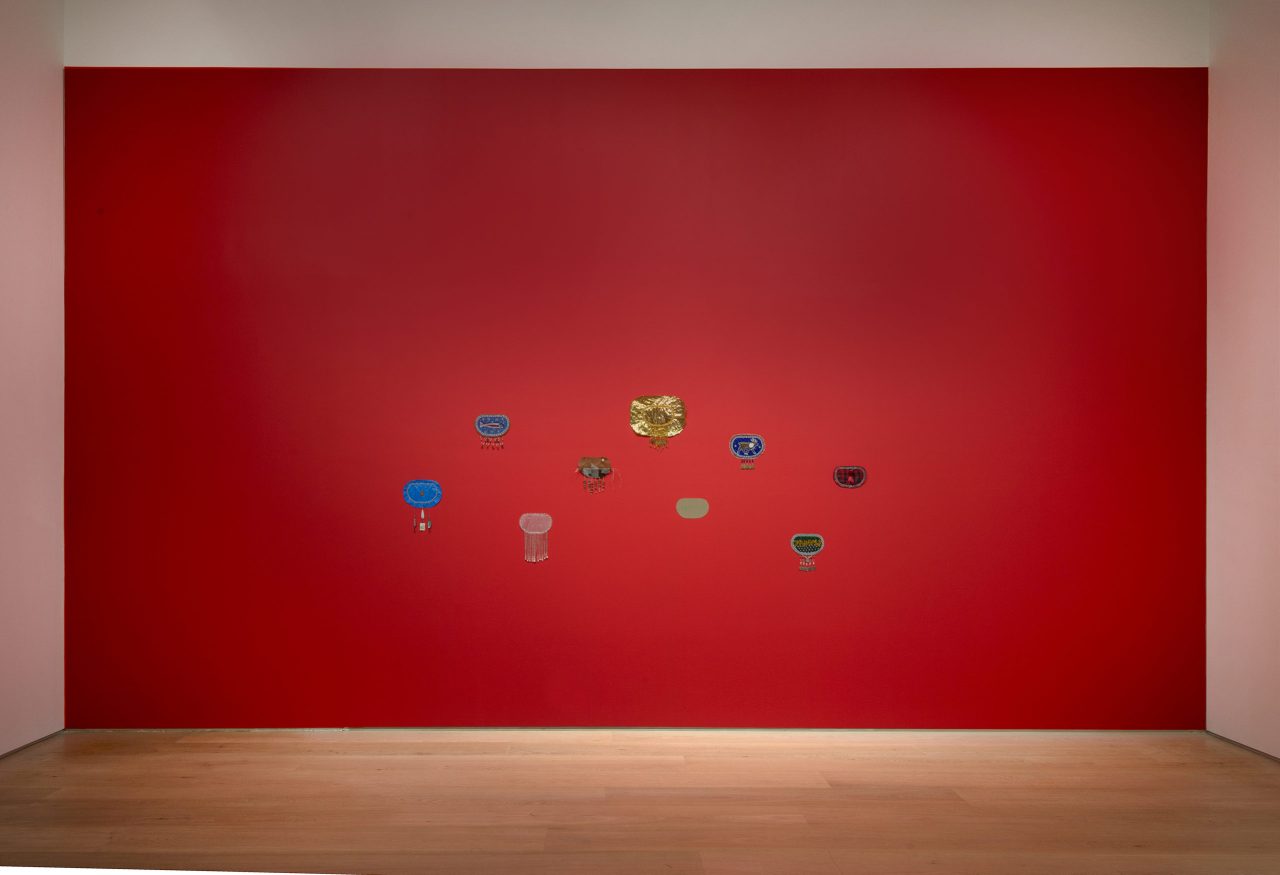
Please join us for a dialogue between Heather Igloliorte and Taqralik Partridge. The speakers will discuss their previous collaborations as well as broader issues in curating and producing contemporary Inuit Art in institutional and community contexts.
[more] -
Event
Wednesday and Thursday, 9 and 10 Mar 2022
Critical Image Forum: Artist Talk with Elizabeth M. Webb
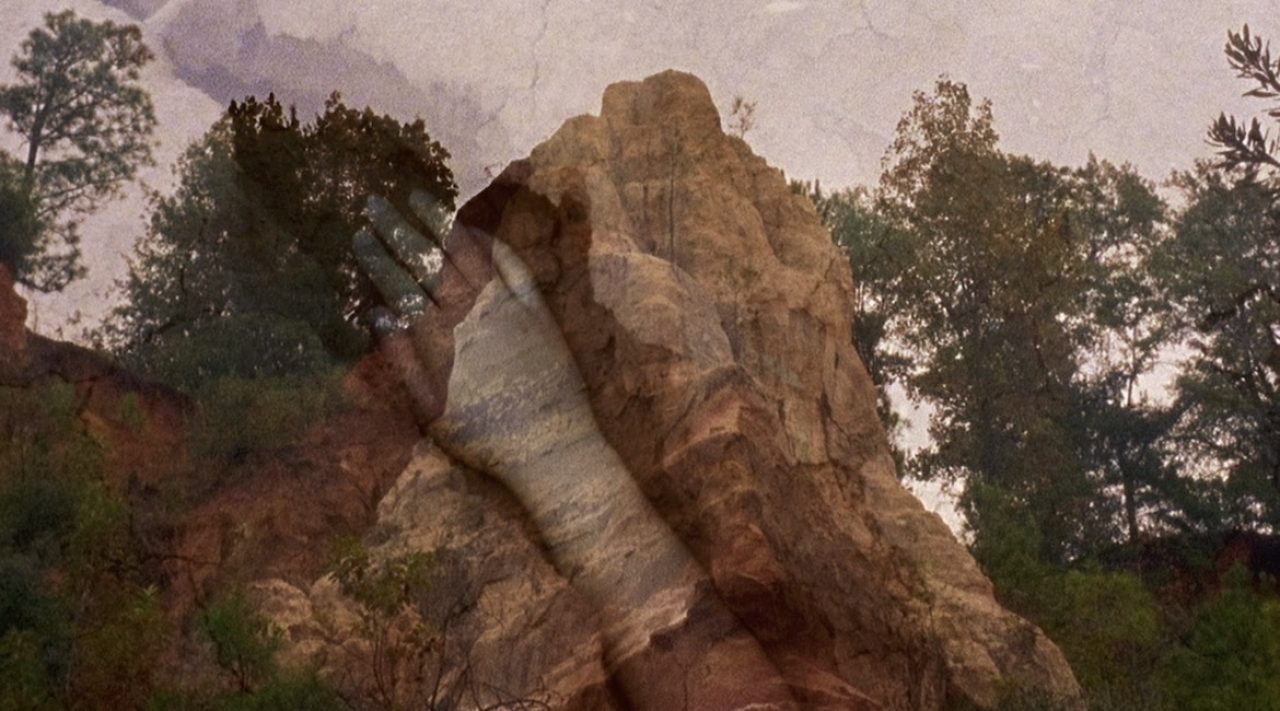
Join multimedia artist Elizabeth M. Webb for a talk and film screening; both events are free and open to the public, no registration is required. Masks and proof of vaccination are mandatory. Webb is an artist and filmmaker originally from Charlottesville, VA. Her work is invested in issues surrounding race and identity, often using the lens of her own family history of migration and racial passing to explore larger, systemic constructs. She has screened and exhibited in the US, United Kingdom, Canada, Japan, Ecuador, Singapore, Switzerland, Mexico, Spain, Austria, Norway and Germany and was a recipient of the inaugural Allan Sekula Social Documentary Award in 2014.
[more] -
Event
THURSDAY, 17 OCT 2024 AT 6:30 PM
Critical Image Forum: Book Launch with Siobhan Angus
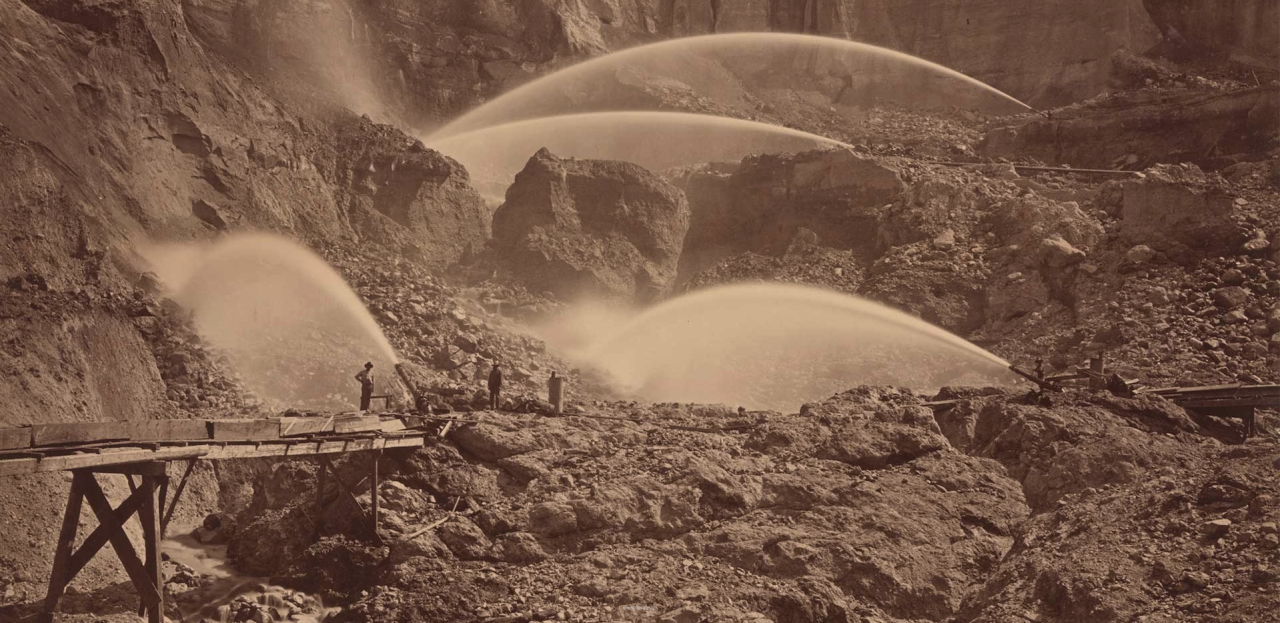
Camera Geologica: An Elemental History of Photography is a groundbreaking study of photography by art historian, curator, and organiser Siobhan Angus. Joining her is Kelly McCormick, whose recent research into photography’s relationship with exposing industrial pollution events in Japan, will frame a critical discussion on what we see – or what is obscured – when we look at photographs.
[more] -
Event
Wednesday, 22 Nov 2023 at 12:30 PM
Critical Image Forum: Lecture with Nancy Adajania
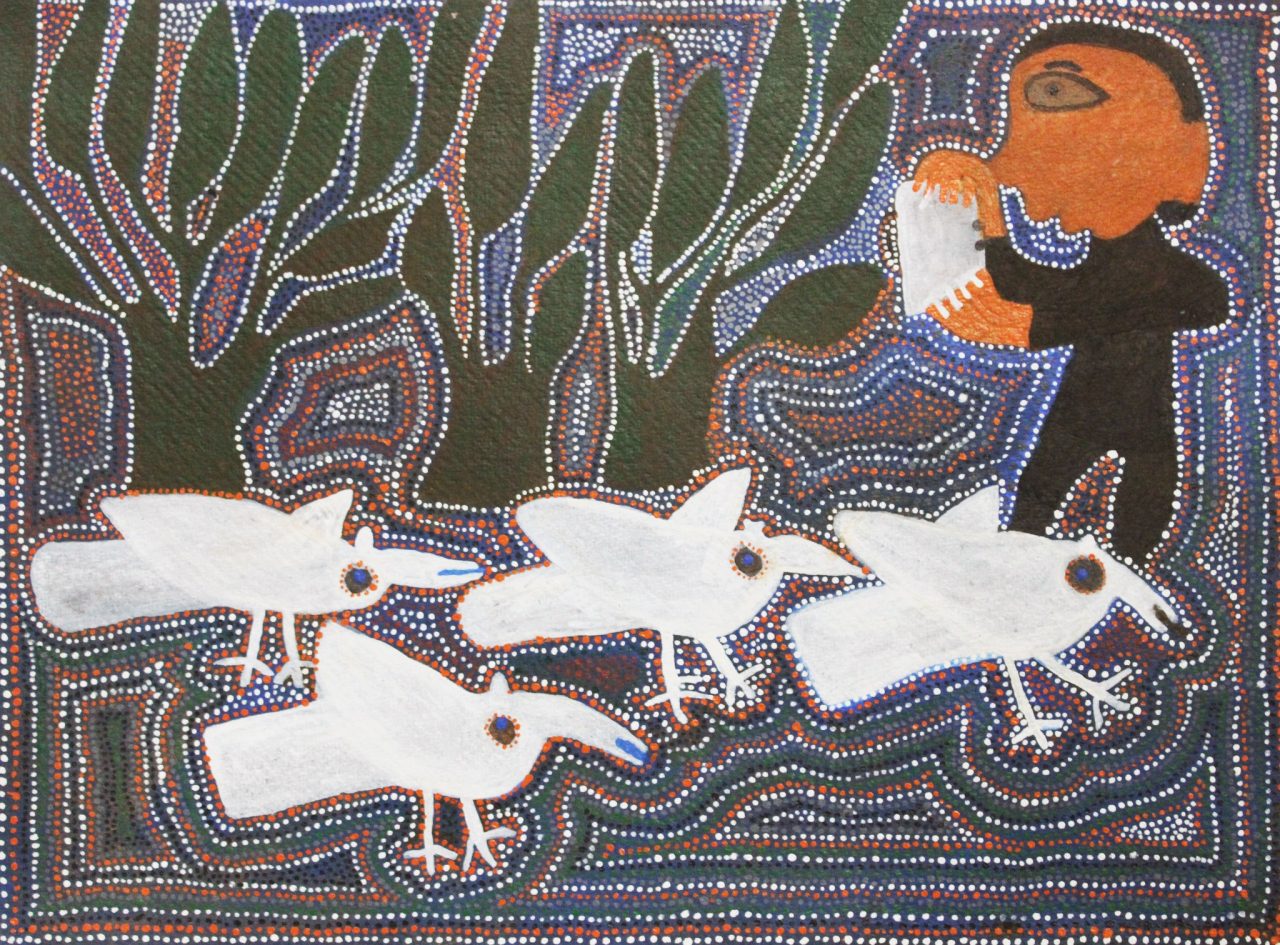
Join us for a lecture Nothing Primordial About It: The Political Ecology of Adivasi Art by Mumbai-based cultural theorist and curator Nancy Adajania. This event is presented by the Critical Image Forum and the Department of Art History, Visual Art and Theory, and the Surrey Art Gallery. Critical Image Forum is a collaboration between the Belkin and the Department of Art History, Visual Art and Theory at UBC.
All are welcome.
[more] -
Event
Wednesday, 4 Oct 2023 at 5:30 pm
Critical Image Forum: Lecture with Shawn Michelle Smith
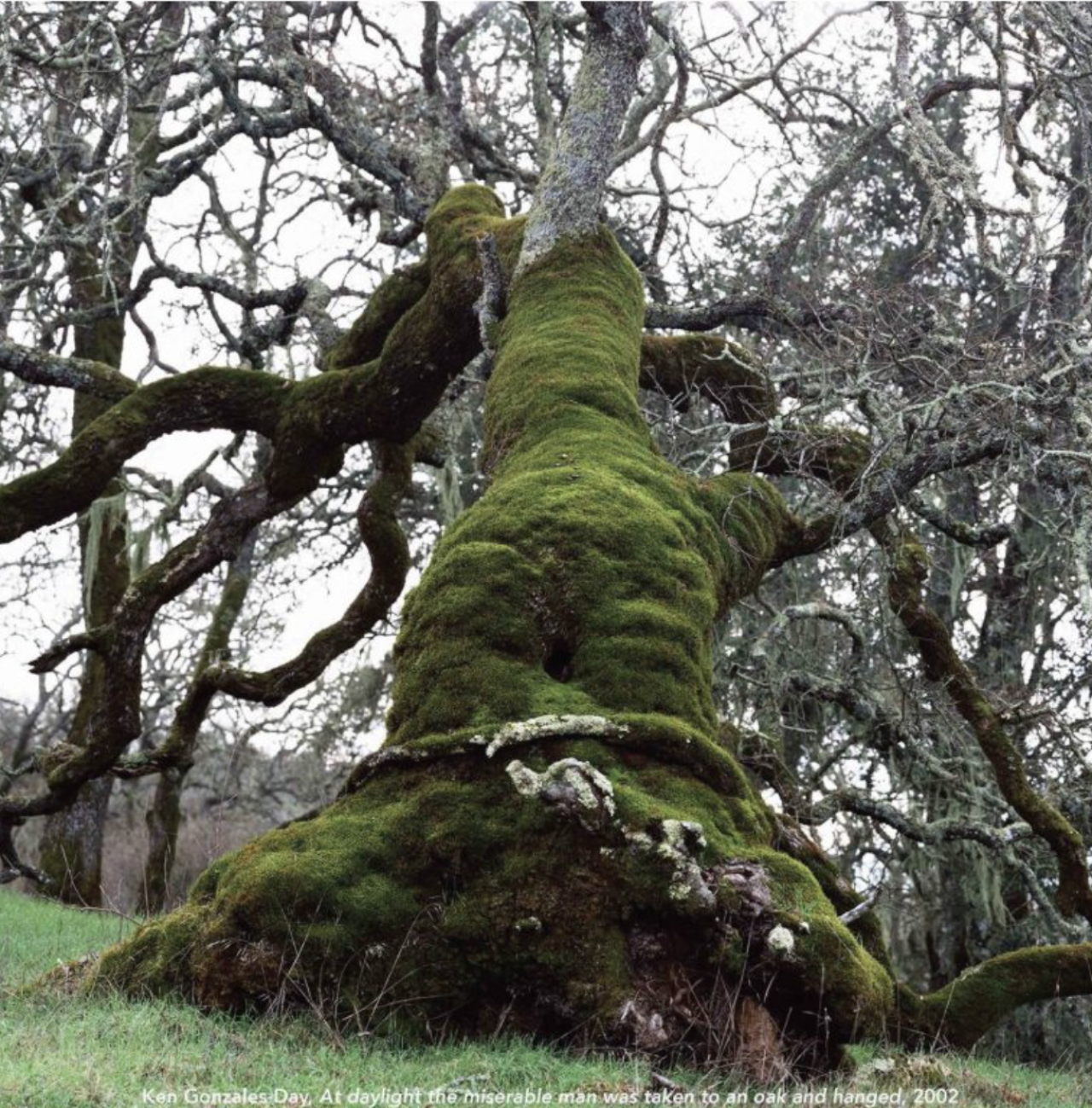
Join Shawn Michelle Smith for her talk Witness Trees: Ken Gonzales-Day re-surveys the US West, which proposes that Gonzales-Day's photographic series Searching for California Hang Trees brings into view the intertwined ecosystems of racialized human violence.
[more]